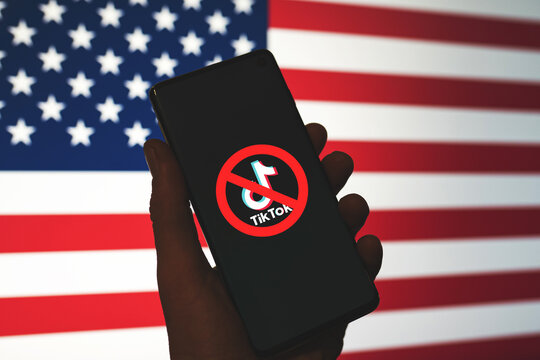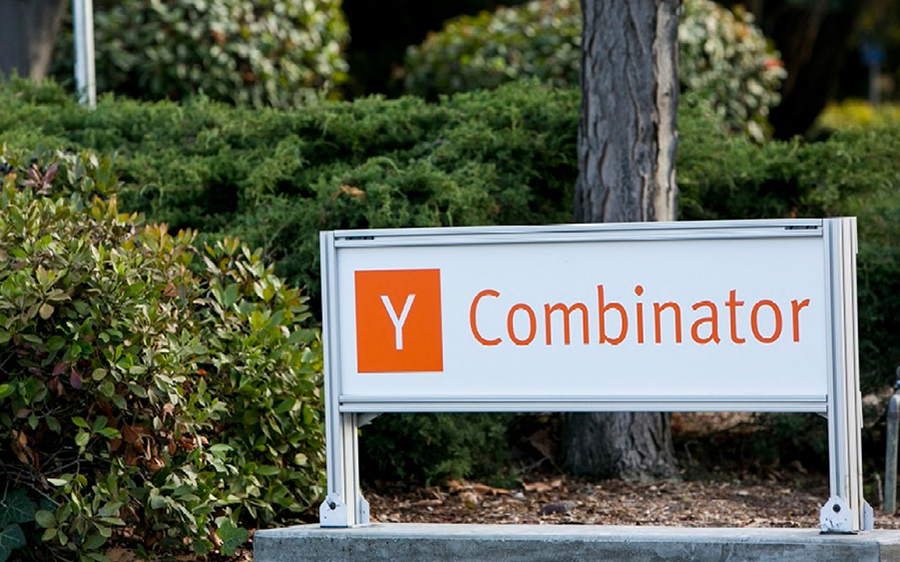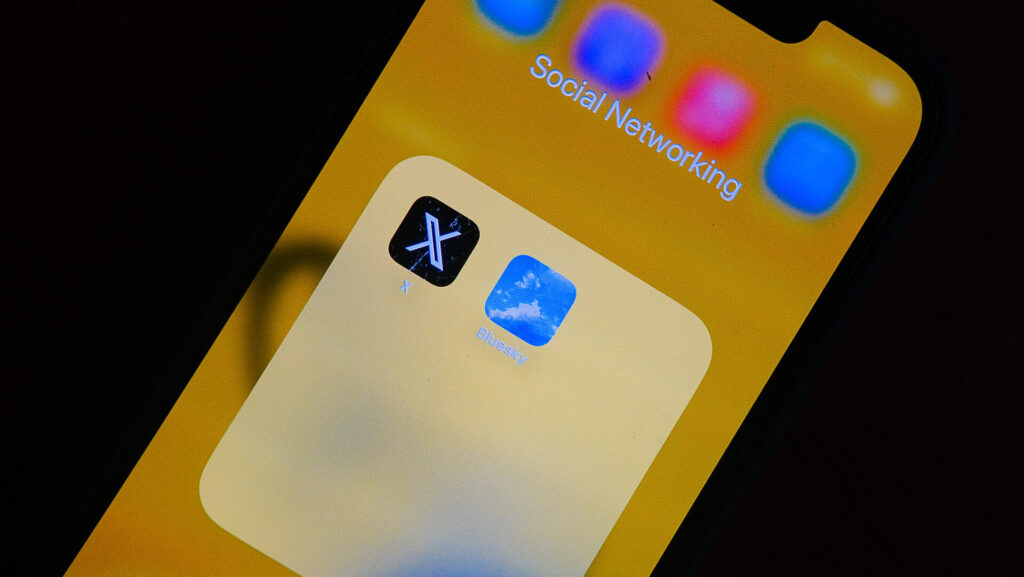TikTok is facing significant challenges in avoiding a ban in the United States if its Chinese parent company, ByteDance, does not sell the popular app. As reported by Bloomberg, a three-judge panel from the US Court of Appeals for the DC Circuit expressed doubt about TikTok’s claim that a law banning the app violates its free speech rights. The US government argues that national security concerns regarding ByteDance’s influence on American content justify this law.
The U.S. government is pushing for the sale of TikTok due to national security concerns regarding its Chinese parent company, ByteDance. On April 24, 2024, President Biden signed a law requiring ByteDance to divest TikTok’s U.S. operations by January 2025 or face a nationwide ban. Lawmakers fear that the Chinese government could access American user data and manipulate content, prompting TikTok to challenge the law in court, citing violations of free speech rights.
Matthew Schettenhelm, an analyst at Bloomberg Intelligence, noted that TikTok’s case did not seem to resonate well with the judges. He warned that there is a strong possibility the court could uphold the ban, leaving TikTok with only the option to appeal to the Supreme Court before the law takes effect on January 19.
Both TikTok and the Justice Department are seeking a ruling by December 6, which could allow for an appeal to be considered by the Supreme Court before the deadline. TikTok contends that the law infringes on the First Amendment rights of its 170 million US users. However, during the hearing, judges questioned whether allowing a foreign entity to own a major media platform in the US during a national security crisis is appropriate.
As Reported by bloomberg, TikTok’s attorney argued for strict scrutiny of such laws, pointing out that many US media outlets are owned by foreign companies. However, Judge Neomi Rao emphasized that these companies are not owned by foreign adversaries like China.
The outcome of this case could have significant implications for competitors like Google, Meta, and Snap if TikTok is forced to shut down. Analysts believe that a loss for TikTok would likely drive users to these platforms.
The US government maintains that their focus is on ByteDance’s activities related to content moderation and recommendation algorithms, which they claim pose risks due to potential data sharing with China.
While TikTok argues that the law unfairly restricts its operations, lawmakers who support the ban assert that ByteDance does not have constitutional rights as it is a foreign company without operations in the US. The Justice Department has expressed concerns about China’s ability to leverage TikTok for intelligence purposes.
As both sides await a decision from the appellate court, it remains uncertain how this legal battle will unfold.



